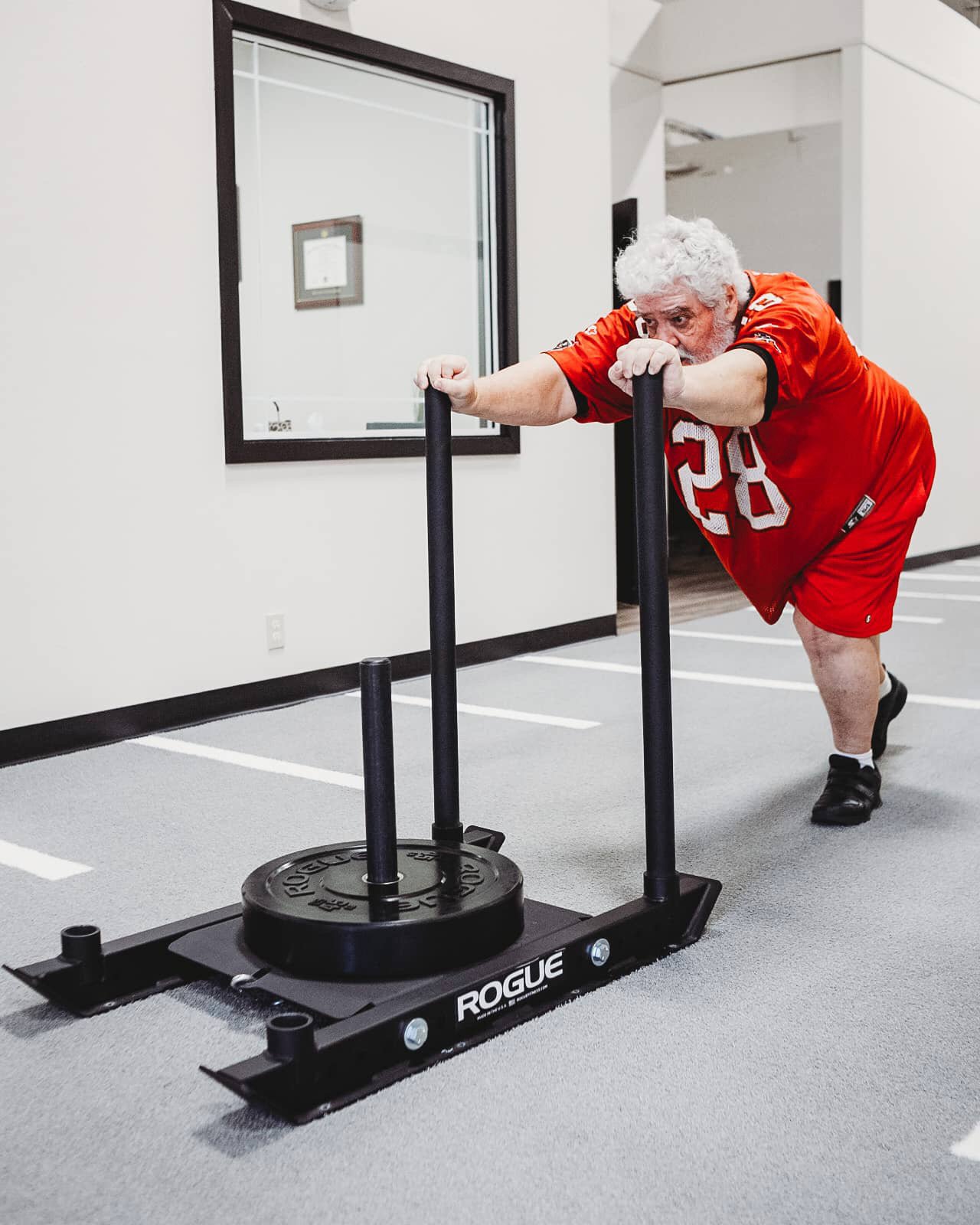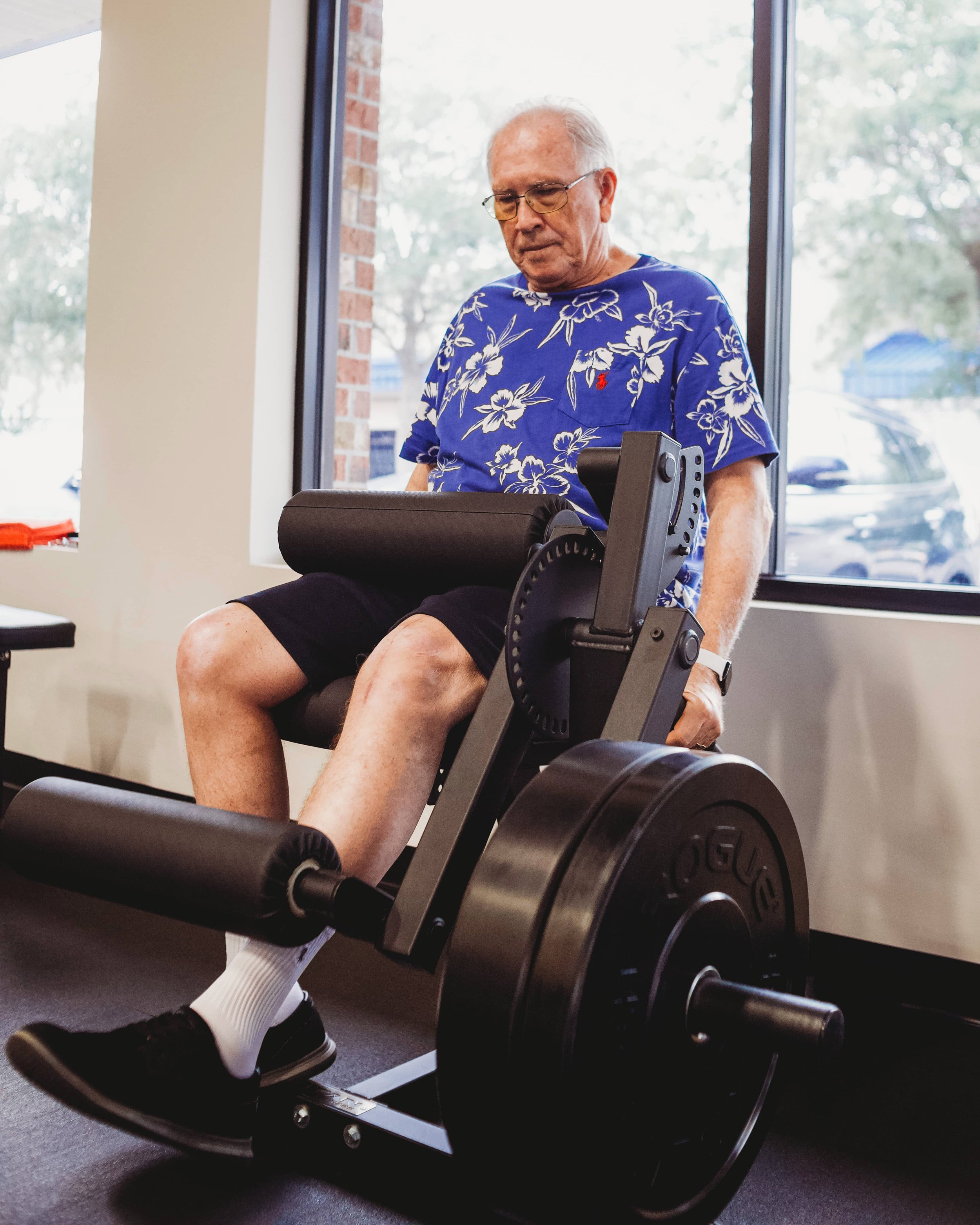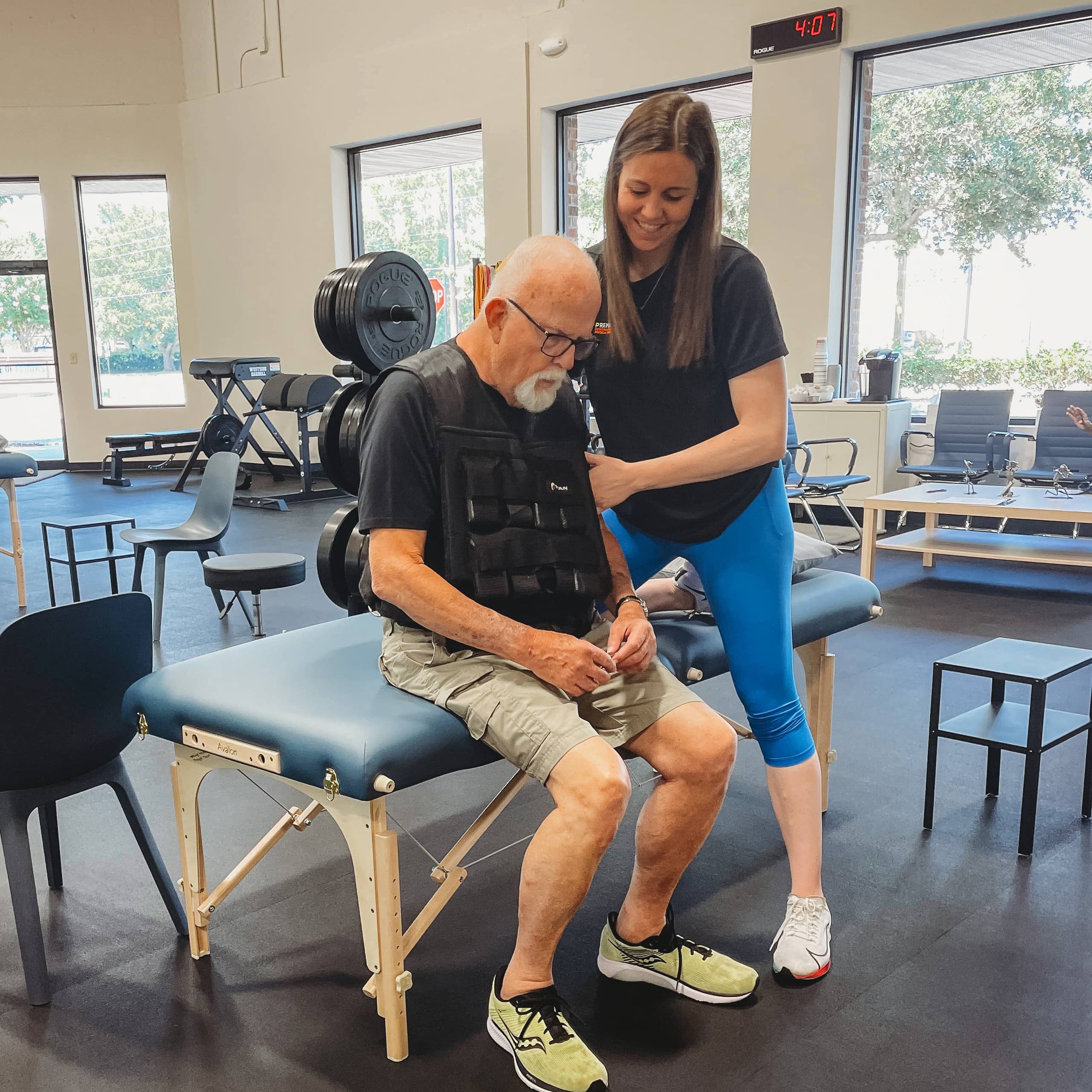Long-Term Success After Knee Replacement
What to Expect Beyond Therapy Discharge
How Long Do Knee Replacements Last?
Modern knee implants are designed to be durable, with many studies reporting survival rates exceeding 90% at 10 to 20 years post-surgery. Factors such as patient age, activity level, implant type, and surgical technique can influence the longevity of knee replacements. While some implants may eventually wear out or require revision surgery, many patients enjoy long-term relief and improved function for decades after their initial procedure.
What Lifestyle Modifications May be Necessary After Total Knee Replacement?
Following knee replacement surgery, patients are encouraged to maintain a healthy weight, engage in regular exercise, and avoid high-impact activities that could potentially stress the artificial joint. Low-impact exercises such as walking, swimming, and cycling are generally well-tolerated and can help maintain joint flexibility and cardiovascular health. It's also important to follow up with regular check-ups with your orthopedic surgeon and adhere to any recommendations for ongoing monitoring and care.
After total knee replacement surgery, engaging in high-impact activities such as running, jumping, or kneeling should generally be approached with caution. Research studies have shown that while total knee replacement can significantly improve pain and function, it may not fully restore the knee to its pre-surgery level of durability and resilience, particularly when subjected to high forces associated with activities like running or jumping. According to a study published in the Journal of Bone and Joint Surgery, engaging in high-impact activities after knee replacement may increase the risk of implant loosening, wear, and other complications. However, some patients—particularly those with strong rehabilitation and expert guidance—may explore options for safely returning to activities like running, swimming, cycling, etc. Regardless of your goals, it’s essential to consult with your surgeon or physical therapist before attempting any high-impact activities to ensure they are safe for your specific situation and to minimize the risk of complications.
Can I Run, Jump, and Kneel After My Surgery?
What Should I Do If I Experience Complications After Discharge From Therapy?
While total knee replacement is generally successful in relieving pain and improving function, some patients may experience persistent pain or discomfort years after surgery. If you are experiencing ongoing symptoms such as pain, swelling, instability, or limited mobility, it's essential to consult with your surgeon or orthopedic specialist for further evaluation. Depending on the underlying cause, treatment options may include conservative measures such as physical therapy, medications, or injections, or in some cases, revision surgery to address issues with the implant or surrounding structures. Early intervention can help alleviate symptoms and prevent further complications, so don't hesitate to seek medical attention if you have concerns about your knee health.
To ensure long-term success after total knee replacement, it's crucial to prioritize ongoing self-care and follow-up care with your healthcare providers. This includes maintaining a healthy weight, staying physically active, and avoiding activities that may put excessive strain on your knee joint. Additionally, attending regular follow-up appointments with your surgeon and physical therapist can help monitor your progress, address any concerns, and identify potential issues early on to prevent complications and optimize your long-term outcomes.





